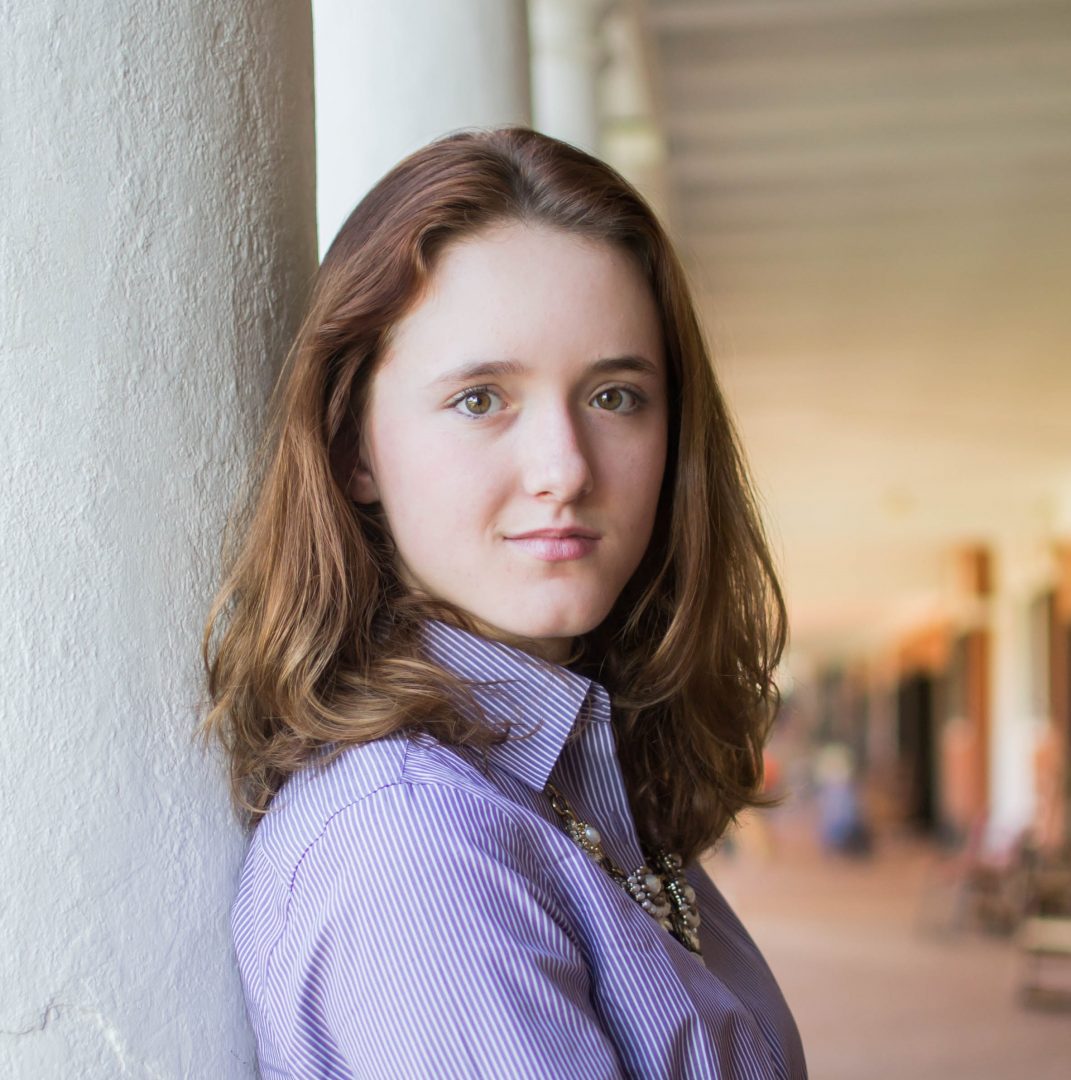I got my first paycheck as a junior in high school. Pulling the thin envelope out of the mailbox, I excitedly ripped it open to gaze admiringly at the numbers on the paper. To my dismay, the number was far smaller than expected. Was it a mistake? What went wrong? Looking closer, I found the answer in the small box that described my taxes and withholdings. While I was aware that I would be taxed, the abstract idea did not even begin to prepare me for the concrete understanding of that reality. Once I experienced first-hand how local, state, and federal governments take from my hard-earned income to pay for programs I had little to no control over, I was horrified.
That experience drove me to learn about the political decisions that led to the current state of government. Reading Bastiat’s The Law revolutionized my understanding of taxes, responsible government, and the rights of the individual. His discussion of false philanthropy, where politicians seek to right the wrongs in the world by doing the same things that created the wrong in the first place, opened my eyes. I realized that legal plunder cannot solve for the problems brought about through legal plunder. Beyond that however, reading Bastiat showed me that political theory could be interesting and entertaining. Bastiat was not dry or wordy, in fact, I even found myself laughing out loud while reading him. Humorous and persuasive, Bastiat guided me through conservative thinking on how taxes should be incredibly limited and that private pursuits best serve the public.
With Bastiat supporting me, I took on college with vigor, intent on changing the world (and taxes) for the better. What I experienced, and continue to experience in college, was skepticism, mockery, and even anger directed towards conservatives. My peers could not seem to understand the crucial point that Bastiat was making: opposition to government-directed programs was not the same as opposition to the value they were attempting to create. I want to help the impoverished. I want to help oppressed communities. I just understand that government is not the best way to do that. My peers insisted I was wrong. That conservatives just want to protect the rich, to make money, to control politics. And gradually, over my first two years, I began to stop talking. I began to hide my beliefs, my politics. Nodding my head silently instead of speaking up.
Oddly, it was during the peak of anti-conservatism sentiment at the University of Virginia – the election season – that I finally gained my voice and courage back. I realized that the things people were saying at my school about conservatives were wrong. And if I was not brave enough to correct them, they might never change their minds. I started speaking up, offering my opinions and explanations and even seeking out opportunities to talk to people who did not share my political views.
It has taken some time, but now, when I say I am a conservative to my peers at University of Virginia, I welcome the blank stares or shocked exclamations. I welcome the opportunity to, armed with Bastiat, clear misconceptions and change minds.
Conservativism is not about refusing to help people. It is about responsible decisions. Conservatism is not about tax breaks for the rich. It is about finding the best way to encourage people to help themselves while still providing a safety net. When government is responsible, when communities take care of each other, and when the individual is wise with their own money, that is when we best help each other. Conservativism is about finding the best avenue to help everyone. That is why I am proud to be a conservative.

